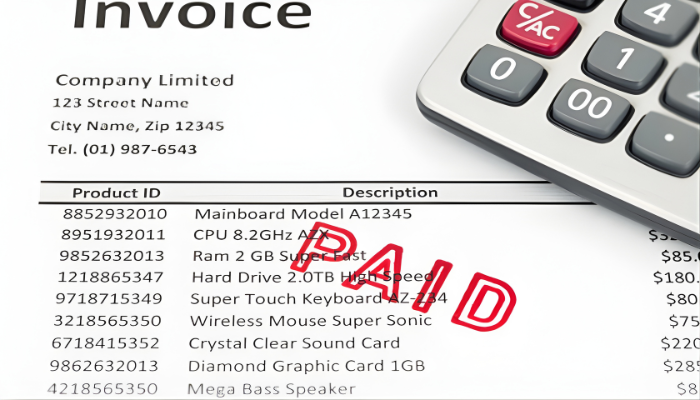If you've been hearing about the benefits of invoice factoring, you might be excited about the prospect of getting your invoices paid early and avoiding some of the typical accounts receivable duties. Some business owners are so anxious to begin the factoring process, though, that they neglect to look over one essential piece of paper: the factoring contract. No matter how good your factoring agreement may sound, the actual contract terms may betray the true costs of your plan. Here is a breakdown of what you should know about invoice factoring contracts.
Essential Aspects of a Factoring Contract
There are several aspects to a factoring contract, but you really need to concern yourself with a few principal pieces of information: the contract fees, the contract length, and possible collateral requirements. The biggest issue of your contract may be the stated fees. Factoring fees vary widely from company to company. Some firms may only charge two to three percent, while others can have rates as high as ten percent or more.
Another important part of the factoring contract is the stated term. One of the biggest benefits of invoice factoring is its flexibility, but if your contract stipulates that you factor invoices for a certain length of time, you may lose the flexible funding that factoring should provide. Be sure to look for any contract term requirements.
Yet another contract area for attention is the issue of collateral. It's true that invoice factoring is not a loan, but if your customers' credit history is sketchy, you may have to put up something of value to guarantee their repayment of the factoring advance.
Possible Areas of Concern
Even if you find that these particular issues are handled satisfactorily in your contract, there may be other areas of concern. For example, will you be held liable in the event that your customers default on their invoices? If so, you may want to request a non-recourse factoring option that will absolve you from responsibility in this case. Another question may relate to the number of invoices you will be expected to factor each month. If your contract requires that you meet a certain invoice threshold, make sure that your business generates enough sales to allow you to satisfy these terms.
Before you sign your invoice factoring contract, take the time to familiarize yourself with these essential parts of your terms. If you do, you won't be blindsided by any hidden dangers in your factoring contract.















